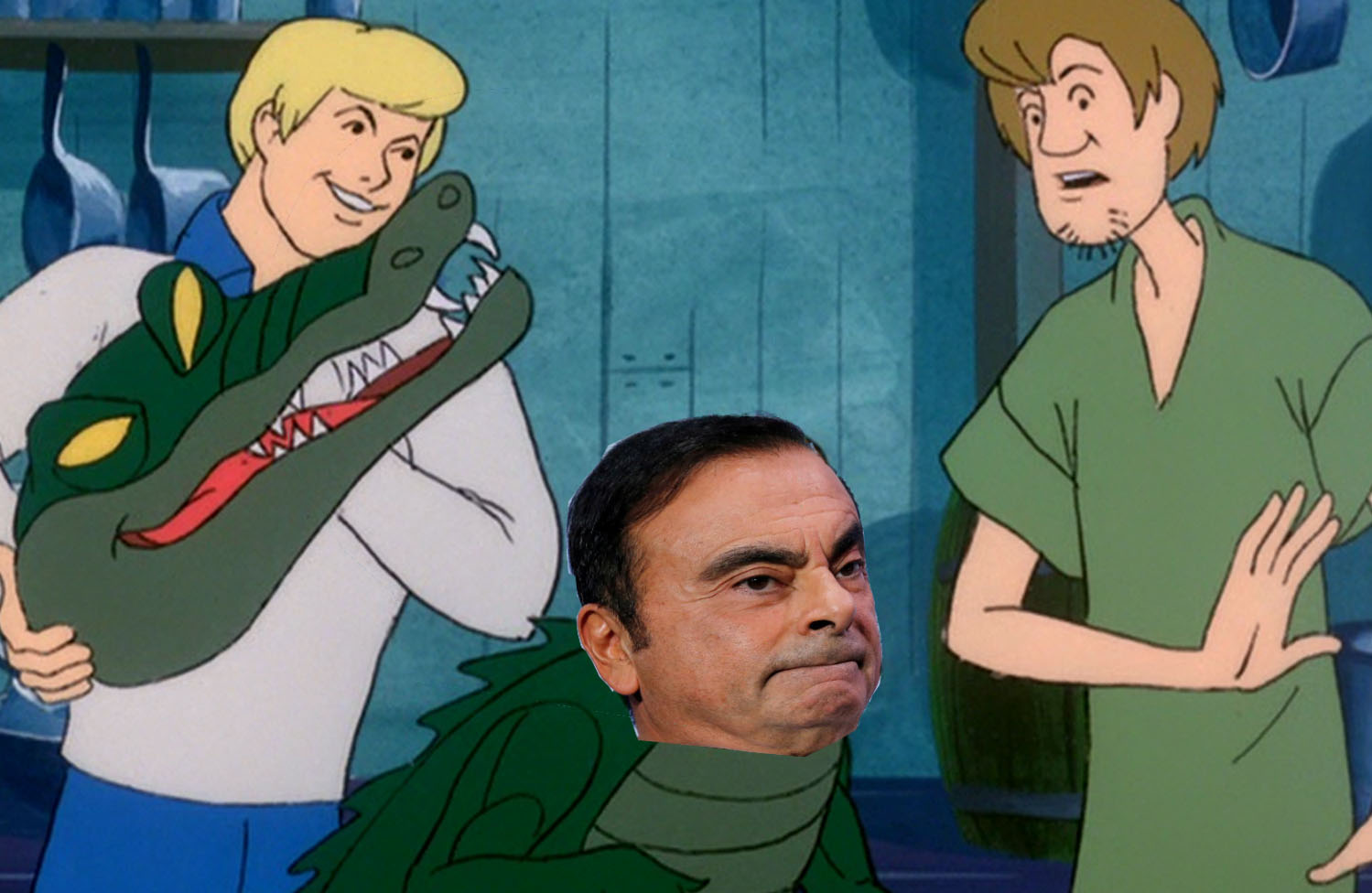The year was 1999 and the world was in full preparation of its impending doom following the fabled events of Y2K. Companies across all industries and sectors were in a state of panic, and many were on the verge of collapse. Nissan Motor (NSANY) was one of these companies. In an effort to save their business from rising costs, unprofitable factories, and a supplier network larger than was necessary to meet production, Nissan Motor (NSANY) and Groupe Renault formed a strategic partnership and the latter tasked their CEO Carlos Ghosn with assuring that the alliance is smooth.
Within a year of Ghosn working with Nissan (NSANY), Japan’s second-largest auto manufacturer [Nissan] was able to stave off any potential collapses and ultimately turn a profit. Ghosn was named CEO of Nissan (NSANY) because of his transformative efforts that saved the company and over the last decade, he has become one of the most influential individuals in the automotive industry. Ghosn was responsible for the Renault-Nissan Alliance’s foray into the mass-market zero-emission electric car market, a move that that resulted in the creation of the Nissan Leaf, lauded as the world’s first affordable zero-emission car.
For unreason or another, it seems as though even the most valiant of corporate executives are not wholly moral individuals. Nissan (NSANY) Chairman Carlos Ghosn once believed to be as valiant as executives come, proved otherwise when he was arrested by Japanese prosecutors on Monday morning. An internal investigation into Ghosn’s business practices revealed that he committed “significant acts of financial misconduct” with the help of Greg Kelly, another member of the Nissan (NSANY) Motor board.
Nissan (NSANY) issued a statement that explained the findings of their investigation into claims that Ghosn, in partnership with Kelly, had been under-reporting his compensation as well as inappropriate “personal use of company assets.”
“…The investigation showed that over many years both Ghosn and Kelly have been reporting compensation amounts in the Tokyo Stock Exchange securities report that were less than the actual amount, in order to reduce the disclosed amount of Carlos Ghosn’s compensation…As the misconduct…constitutes clear violations…Nissan’s Chief Executive Officer Hiroto Saikawa will propose to the Nissan Board…to promptly remove Ghosn from his positions…”
–Statement from Nissan regarding Carlos Ghosn
Following the industry-altering announcement of Ghosn’s misconduct, the stocks of Nissan (NSANY) and Renault (RNSDF) plunged to their lowest levels in years. Renault’s (RNSDF) shares dropped 13% to wipe more than $2 billion from the company’s market value, according to the Street. Suffering the similar fate, Nissan’s shares plummeted 10%, trading at $16.88 per share.
Ghosn under-reported his salary by roughly $44.6 million, in direct violation of the Financial Instruments and Exchange Law, and though this is upsetting for shareholders like France’s President Emmanuel Macron who told reporters on Monday that “the French government will remain extremely vigilant regarding the stability” of executives at the helm of industries they invest in, Ghosn’s actions represent a trend that consumers and investors should pay attention to.
It is our responsibility as consumers in any marketplace, be it automotive or home furnishings, to make our expectations, of the companies that we work with, known. Ask any graduate student studying for their Masters in Business Administration if their professors teach that success in business can only be achieved through deceit and “financial misconduct.” First of all, you’ll be heavily judged for even posing this question, but the answer will be no.
Carlos Ghosn has been a power player in the automotive industry for the last forty years and in that time, he discovered ways to take the companies, in his oversight, to their fullest potential, while skimming trace amounts of profit in the meantime.
As we look to the future of auto manufacturing, perhaps Ghosn’s arrest, and eventual removal from his positions at Nissan (NSANY), Renault (RNSDF), and Mitsubishi Motors (MUFG), will serve as an example of the importance of corporate compliance and responsibility, in terms of monitoring the fiscal conduct of company executives.
“Nissan deeply apologizes for causing great concern to our shareholders and stakeholders. We will continue our work to identify our governance and compliance issues, and to take appropriate measures.”
–Nissan Motor





